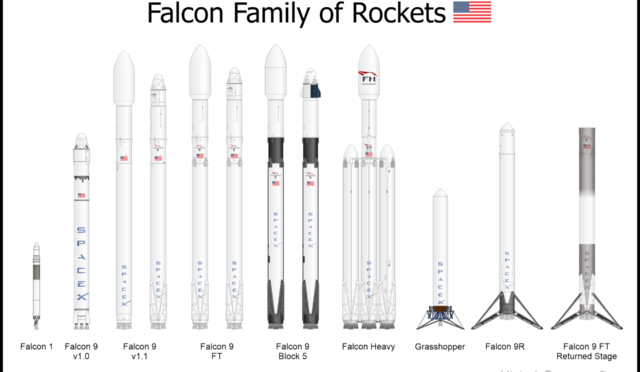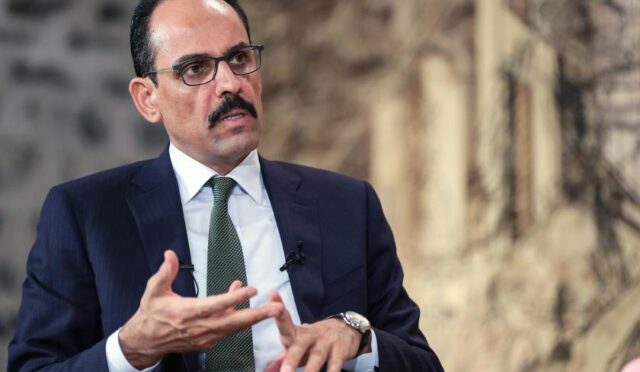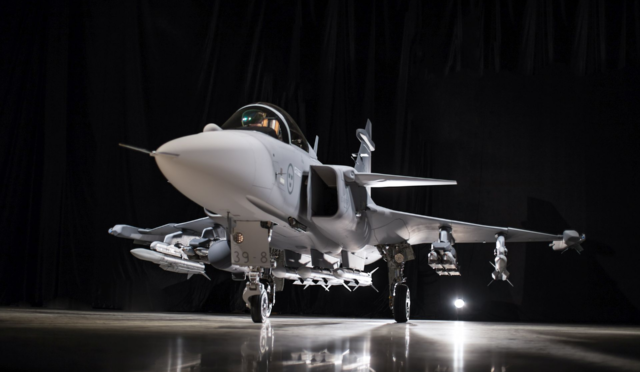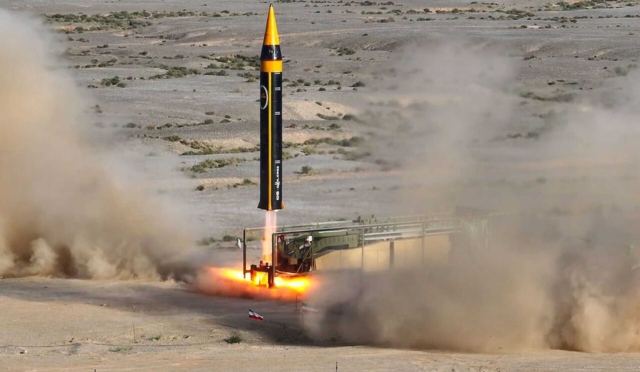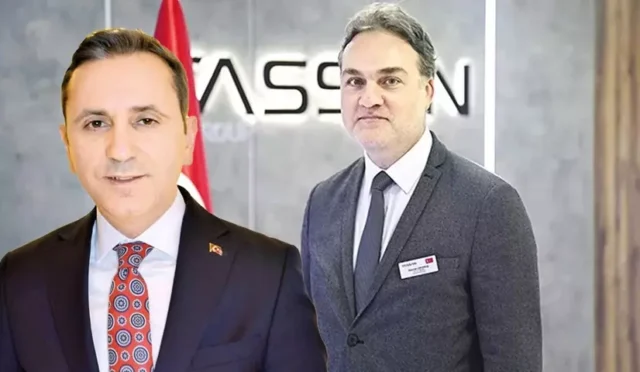Pierre-Henri Chuet Espionage Case: Investigation Launched
**The Paris Public Prosecutor’s Office has officially initiated a preliminary investigation into Pierre-Henri Chuet, a former pilot of the French Air Force and well-known YouTuber, amid serious allegations of espionage on behalf of China.** This investigation follows a report from the French Ministry of Armed Forces that emerged on February 19, prompting authorities to probe the ex-pilot for charges of “espionage for a foreign power” and the “disclosure of national defense secrets.” Additionally, Chuet is facing a legal inquiry tied to tax fraud.
Before the Ministry’s report was made public, Chuet was under scrutiny by France’s Directorate of Military Intelligence and Security (DRSD), which had monitored him for several years. The former soldier is seen as part of a troubling trend involving Western military pilots allegedly collaborating with the People’s Liberation Army of China. Intelligence Online first brought attention to this situation in 2019, shedding light on a scheme that Beijing had put in place by May 2022 to recruit Western military pilots for training its own.
These covert training sessions, orchestrated by the Test Flight Academy of South Africa (TFASA), involved hiring former Western Air Force pilots with attractive salaries, some reportedly earning up to $30,000 per month. Once recruited, these pilots were dispatched to China, where operations were overseen by the Aviation Industry Corporation of China (AVIC), a semi-public entity. Among the cadre of advisors to the Chinese military, it has been confirmed that several French pilots experienced in Rafale, as well as Australian and British pilots, were included.
This training initiative has furnished the Chinese military with crucial operational support, enhancing their understanding of rival pilots, Western air forces, and the intricacies of their engagement rules. The reactions and combat techniques of Western pilots were meticulously observed and recorded, potentially equipping the Chinese with valuable insights relevant to future conflicts.
In light of these revelations, the U.S. recently lifted the veil of secrecy on its preliminary judicial investigation concerning former American-Australian aviator Daniel Duggan, a significant figure in this espionage network involving the Chinese military. The French Ministry of Defense responded quickly, as a flurry of documents detailing Chuet’s connections with AVIC and TFASA surfaced in the media.
As this investigation unfolds, a number of Western nations are assessing their legal frameworks with an aim to dissuade such actions that bolster strategic rivals. Historically, prosecuting individuals involved in these kinds of activities proved challenging, yet the increasing frequency and severity of these espionage cases have necessitated a reevaluation of laws governing military cooperation with foreign powers.

